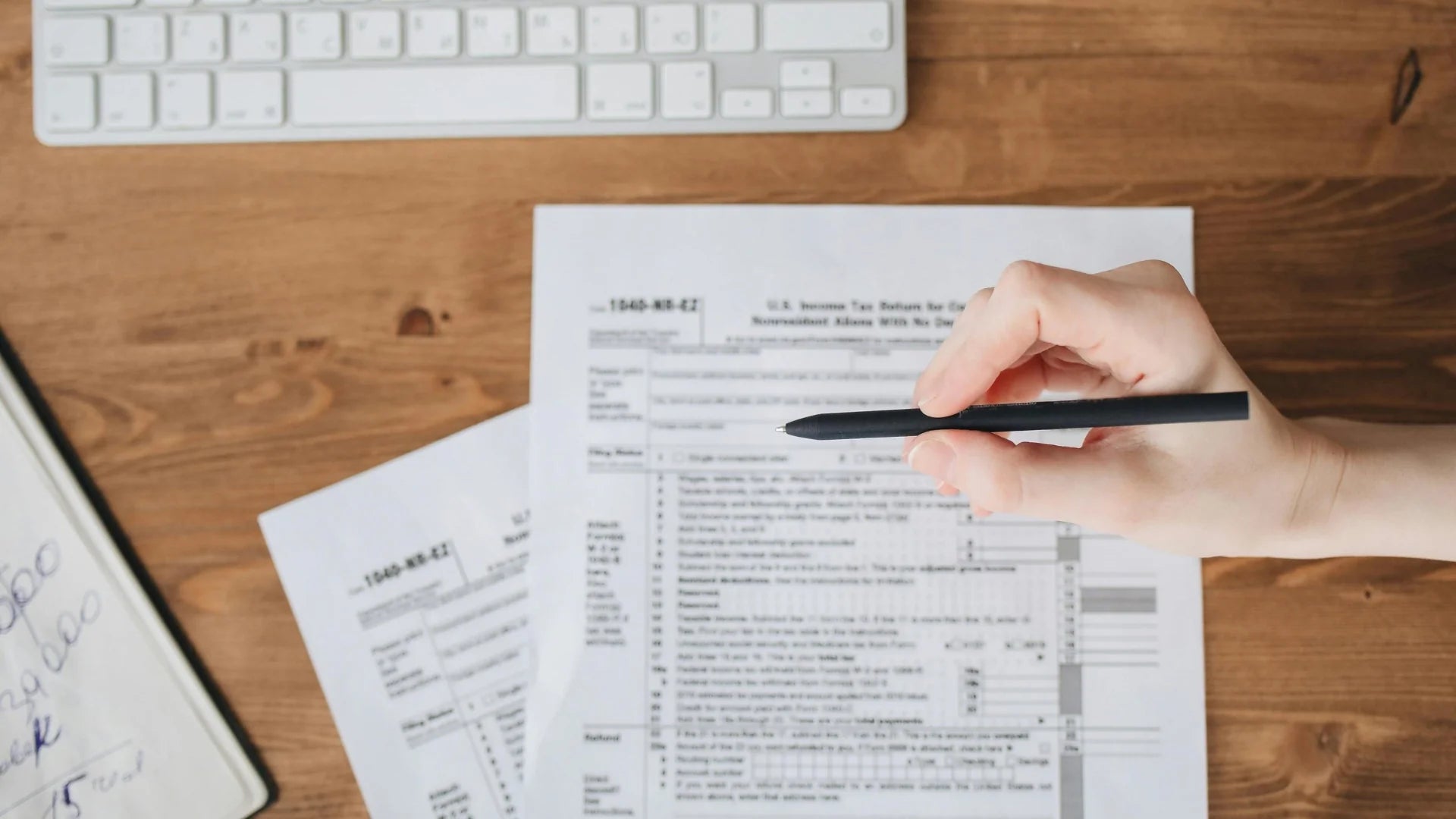When you sell U.S. real estate as a foreign owner, your obligations don’t end at closing. Under FIRPTA (Foreign Investment in Real Property Tax Act), the IRS can review your return and withholding for years after the transaction. To protect yourself, it’s critical to keep all original property documents for at least seven years after the sale, especially if FIRPTA withholding or refunds were involved.
Why Keeping Your FIRPTA Property Documents Matters
-
IRS audit protection: The IRS generally has three years to audit, but FIRPTA cases with underreported income can be reviewed for up to six years. Keeping documents for seven ensures you are covered.
-
FIRPTA refund claims: If you file for a withholding refund, the IRS may request closing statements, proof of ownership, and supporting tax records long after the sale.
-
Depreciation and adjustments: If you claimed depreciation or made improvements, keeping those records helps calculate your adjusted basis and accurate taxable gain.
Essential Documents to Retain After a U.S. Property Sale
Closing & Ownership Records:
-
Closing statement (HUD-1 or ALTA)
-
Deed showing transfer of ownership
-
Title transfer documents
-
FIRPTA Non-Foreign Affidavit or withholding certificates (Forms 8288, 8288-A, 8288-B)
Improvement & Maintenance Records:
-
Invoices and contracts for repairs and upgrades
-
Receipts for capital improvements that adjust your tax basis
Tax Returns:
-
Federal tax returns reporting the sale
-
Rental property tax returns (if the property generated income)
-
FIRPTA withholding tax forms
Best Practices for Document Storage
-
Keep both digital and physical copies of all FIRPTA-related documents.
-
Label and date files clearly for quick retrieval if the IRS requests them.
-
Store physical records in a secure, fireproof location and use encrypted cloud backups for digital copies.
How Long to Keep FIRPTA Documents
At a minimum, retain all U.S. property sale and FIRPTA-related documents for seven years after the transaction. This timeline ensures you’re protected if the IRS audits your return, requests additional proof for a withholding refund, or questions your taxable gain calculation.
Final Thoughts
For foreign investors, FIRPTA compliance doesn’t stop after the closing table. Keeping detailed, organized records for seven years safeguards you against audits, supports refund claims, and ensures your tax filings are accurate.
If you need guidance on FIRPTA documentation or help organizing your property sale records, TFG’s CPA team can assist you. Contact us today for expert support in navigating FIRPTA requirements and protecting your financial interests.




Share:
How to Avoid IRS Penalties When Buying Property from a Non-Resident